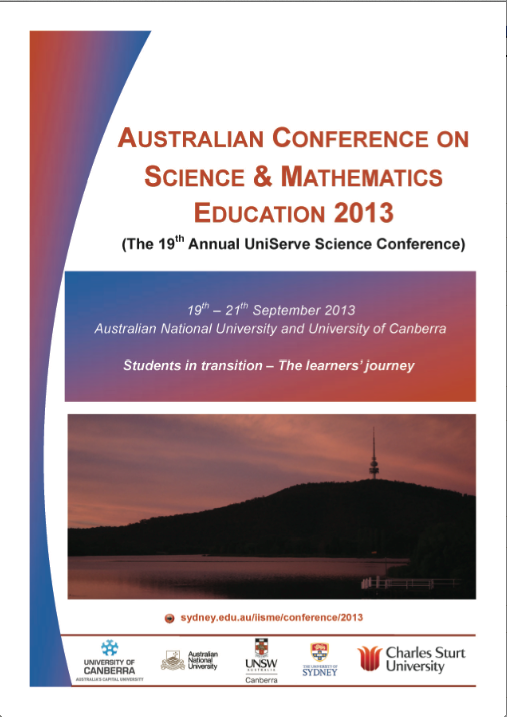Diagnosing thinking: Demonstrating in undergraduate physics laboratories
Abstract
The student laboratory plays an important role in science education and has the potential to engage students and develop inquiry skills as well as technical skills and conceptual understanding. However these opportunities are not fully realized in many laboratory programs, leading many educators and education researchers to develop ways to increase student learning in undergraduate laboratories (eg Buntine et al, 2007). These efforts have primarily focused on the design of programs and experiments, with comparably little attention given to the demonstrators, frequently casual staff in their first teaching job. The role of the demonstrator deserves more attention, since the demonstrators are responsible for the majority of face-to-face teaching. Student learning will be highest when demonstrators understand the intentions of the laboratory designer and have strategies to help achieve these goals. This talk will report on a study that set out to address this gap by interviewing 20 demonstrators from 3 Australian universities to find out their ideas about laboratory teaching and learning and how this influenced the way they demonstrated. Building on the idea of threshold concepts, particularly the idea of thresholds in conceptual development (Davies, 2012), this study identified differences in how demonstrators diagnosed student thinking, which led to important differences in the strategies they adopted.Downloads
Published
2013-09-24
Issue
Section
Abstracts
